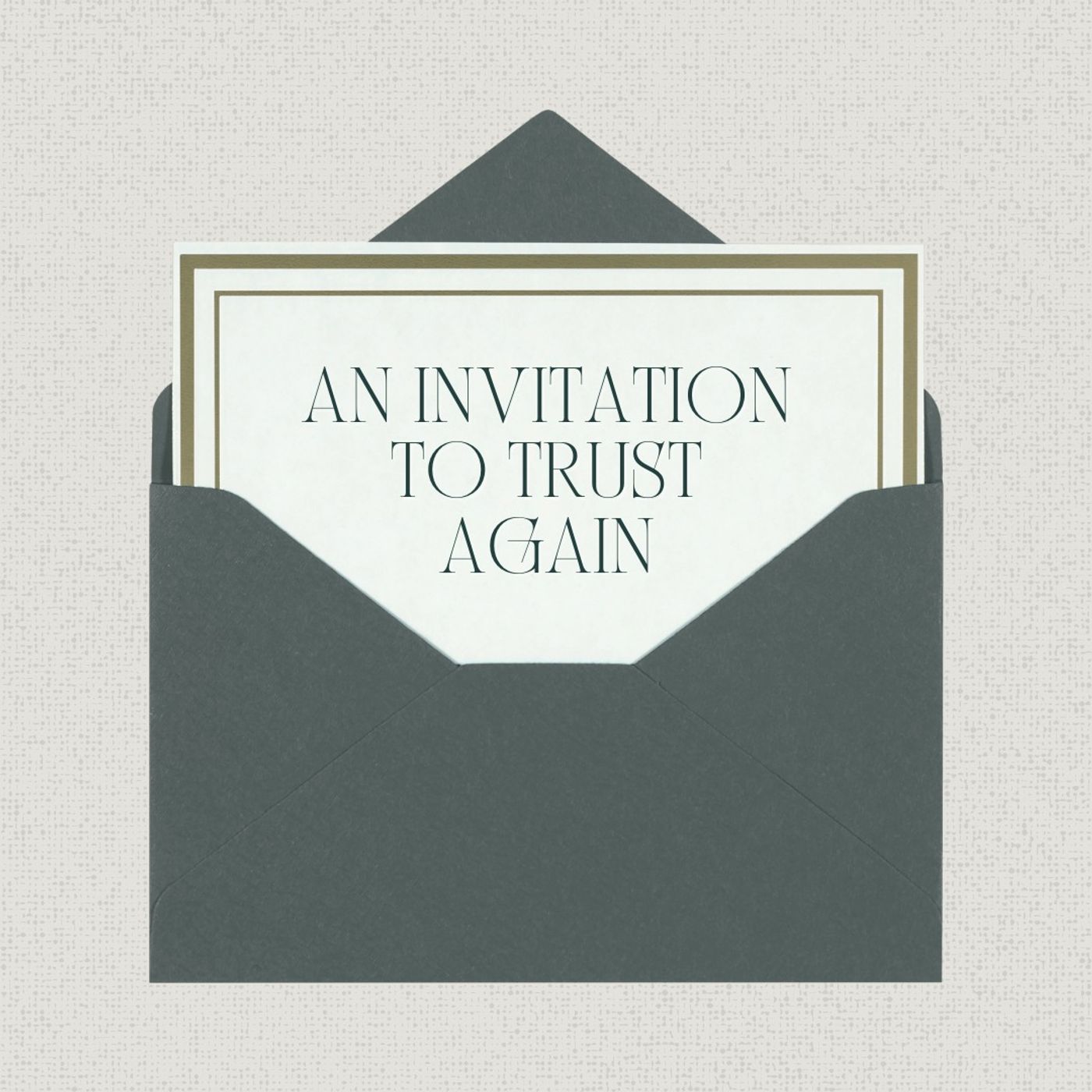Just Say No
Financially this year, you’re going to have to say no to some things. And I can think of four…

That’s what Compass – finances God’s way CEO, Brandon Sieben, said in his previous blog. And that’s also why budgeting never really happens or sticks for many of us.
But what if I told you that most rich people live on a budget? Well, it’s true, according to Thomas Corley, author of the bestseller Rich Habits: The Daily Success Habits of Wealthy Individuals.Now, although there’s nothing wrong with being rich, I’m not sharing this so you’d be motivated to get rich. I’m only sharing this because I want to point out that there seems to be a strong correlation between budgeting and living a life of balance.
Speaking of balance…
As we read in the last blog from our founder, Howard Dayton, using credit cards for only what’s already in the budget is wise. And so is paying off the entire balance.According to Corley, 81% of millionaires use credit cards and pay off the balance every time. But I will say this: Know who and how you are.
I used credit cards all the time. I made a change, however, because even though I was paying the balance off each month, I realized I spent more using them than I did using debit or cash. And the points or miles I was earning wasn’t worth spending more. So now, I only use credit for car rentals, reservations or traveling, since it’s more secure against fraud or those “Hold” charges by merchants.
So, if you’re like me, cutting out the credit may benefit you. If you’re not like me, you may find that your responsible use of credit earns you cash back.
Now, life throws us curve balls before we’re able to build emergency savings. So, sometimes we resort to credit cards or other types of debt. But that should be the only exception.
As you begin your third week into the new year, give yourself a fair shot at budgeting; and while you’re at it, keep one thing in the back of your mind (or maybe the front). You’re going to have to say no to some things. And I can think of four… Say no whenever you have the urge to use credit for something you don’t need or can’t afford.A need is, God forbid, a medical emergency that you don’t have the savings to cover. A need is food; not dining out, but groceries. A need is a roof over your head; which doesn’t necessarily mean a 3-bedroom apartment that only you and you alone live in.
Say no to yourself.Just because you can afford it, it doesn’t mean you should get it. Don’t deviate from your budget simply off of your first impulse. Sleep on it. Pray on it.
Say no to other people.Believers and non-believers alike, will tell you all kinds of things you should do with your money.
But one thing I’ve noticed is… everybody is trying to keep up with everybody. There’s nothing wrong with nice and expensive things. But it should never be acquired hastily (Proverbs 21:5), to keep up with appearances—in other words, the Joneses—or for status. Neither should it ever be out of greed or dishonesty. God is willing to give us the desires of our heart (Psalm 37:4), and it is His desire for us to live a full life (John 10:10). But our hearts must be in the right place.Some of these people who have a lot of opinions about what you “need” to do are the same ones who are broke and/or don’t have a godly perspective of money and possessions!
If something someone says doesn’t align with God’s Word, then what they say is not for you.
As Brandon wrote, anchor yourself in God’s Word. And His Word tells us that planning is important… Which brings me to something else we should be ready to say no to…
Say no to unplanned expenses.I’m not talking about emergencies, but all the events and occasions that happen throughout the year. Basically, anything that will make you spend money you weren’t planning on spending.
No one who truly cares about you will disown you if you tell them you can’t afford what they’d like you to buy or attend.
But after you say no, plan for the future.
In the Stampley household budget is our “Giving” account. Birthdays, church offerings, charitable donations, Christmas, spontaneous gifts. Most of these don‘t happen every month, but they do happen. We also have a “His/Hers” account. It’s for whenever either of us wants to buy or do something for ourselves that’s not in the budget. Say, a new outfit, spa retreat or a new gadget. We set aside something each week in order to be prepared whenever the time comes for any of these.
This method helps us automate saving and spend less; because after our tithes, we pay ourselves. It also teaches us to wait for things we want. And it helps us prepare for and contribute to non-budgeted moments and occasions.
Don’t let the “B” word deter you from doing what’s best for your financial discipleship journey. Contrary to popular belief, a budget is meant to give you more control over what God’s given you; it’s not meant to control you. If you want to learn more about budgeting and handling finances God’s way, you can register for one of our financial discipleship Bible studies. *Image used with permission. *Related Articles

February 16, 2026
An Invitation to Trust Again
In Malachi 3, God asks Israel a startling question: “Will a man rob God?” Rob West points out Israel's problem was not s...

February 16, 2026
Gold and Silver: What Wise Investors Should Know
From ancient times to modern markets, gold and silver have captured people’s attention—especially during seasons of unce...

February 13, 2026
Saint Valentine’s Legacy
When we think of Valentine’s Day, we think of cards, candy, and romance—but Saint Valentine’s legacy tells a deeper stor...